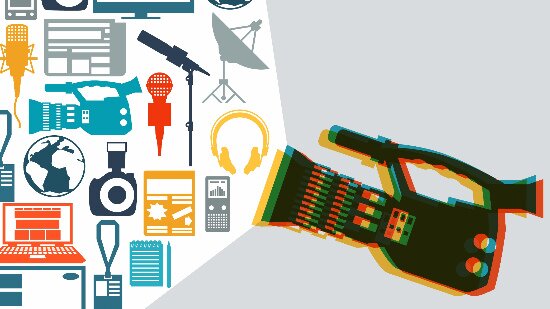World famed Hong Kong-style milk tea has been tested in a laboratory - not so much to uncover its culinary pleasure but its caffeine content.
For the first time, the Consumer Council in collaboration with the Centre for Food Safety have put to test a large sample of coffee and milk tea served in a diversity of cafes, eateries and large chain stores.
Included in the test samples (80 in total) were 30 local café-style milk tea and 10 Taiwanese-style milk tea; the other half were made up of coffee - 20 regular coffee with milk, 12 espresso (single shot), 4 cappuccino and 4 caffe latte - bringing it to a total of 6 categories.
Coffee and tea, indisputably the favoured beverages of different walks of life, share one thing in common: caffeine, an ingredient that can stimulate the central nervous system and make people feel more alert.
However, excessive consumption - although people differ greatly in their tolerance to caffeine - can produce quite the opposite effects including anxiety, faster heartbeat, tremor, insomnia, stomach upset, etc.
For healthy adults, moderate drinking of coffee and milk tea does not pose a health concern. There is wide individual variability in the reaction and tolerance to the effects of caffeine. International health-based guidance value for caffeine has not been adopted for average adults.
Nevertheless certain population subgroups are more prone to be affected by caffeine, so they should be mindful of their caffeine intake. For example, pregnant and lactating women are advised to limit their daily caffeine intake to not more than 200-300 mg; whereas children aged 12 years and under to not more than 2.5-5 mg per kg body weight per day.
The results of the test provided more information to the coffee and milk tea drinkers, with caffeine levels in a single cup ranging from 54 mg (a caffe latte) to 380 mg (a regular coffee).
Topping in caffeine content, regular coffee samples had the dubious distinction of being the category with the most caffeine content in the test, ranging from 110 mg to 380 mg, or an average of 200 mg per cup.
Hong Kong's famed café-style milk tea following regular coffee, taken en bloc as a category, came up with average caffeine content ranging from 73 mg to 220 mg, or an average of 170 mg per cup.
Following closely in caffeine content were the Taiwanese-style milk tea, ranging from 100 mg to 160 mg, or an average of 130 mg per cup.
Understandably, although on a per-litre basis the caffeine content of the espresso category would have surpassed the regular coffee category, since the volume per cup of espresso is small, when it is measured on a per-cup basis, the latter took over.
In the tests were 8 samples of regular coffee and 5 samples of local café-style milk tea detected with caffeine of 200 mg or up to 300 mg or more per cup. Pregnant and lactating women and people less tolerable to caffeine are advised to take note.
With reference to the daily caffeine intake limit set by Health Canada, using children aged 12 years with body weight of 38 kg as an example, they are recommended to limit their daily caffeine intake to not more than 95 mg. The test results showed that upon consuming one serving of most tested samples, the resulting caffeine intake may exceed the daily caffeine intake limit for children.
And in the case of Taiwanese-style milk tea which is a growing favourite among the young especially children, all samples in the test were above this threshold. As such, children are advised not to consume these types of drinks.
Consumers who wish to limit caffeine intake may consider asking for milder coffee or milk tea, or switch to the decaffeinated options.
The trade, on the other hand, especially the large chain stores, is urged to provide information on the presence and content of caffeine in their products - through menu, poster, website, hotline, etc. - for reference of consumers.
Consideration should also be given to serve different strength of coffee and milk tea upon request of consumers who wish to limit their daily intake of caffeine.
| CHOICE magazine is now also available online (https://echoice.consumer.org.hk/) . Members from the media who are invited by this Council to the Press Conference may quote the content of this Press Statement. The Consumer Council reserves all its right (including copyright) in respect of CHOICE magazine and Onlin CHOICE (https://echoice.consumer.org.hk/). |



